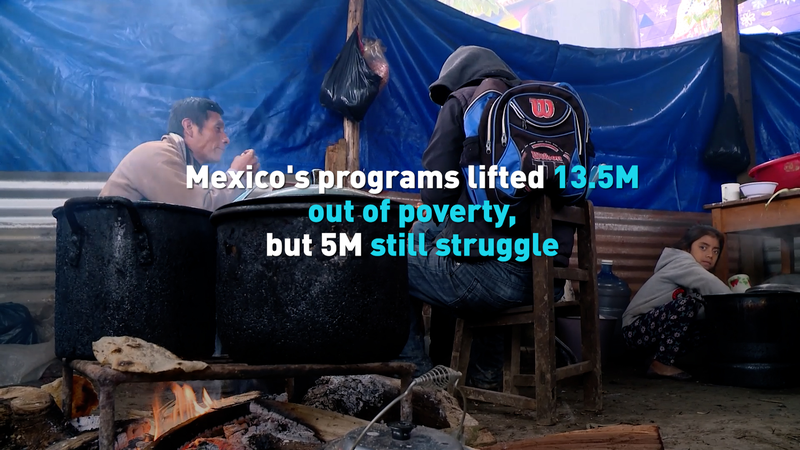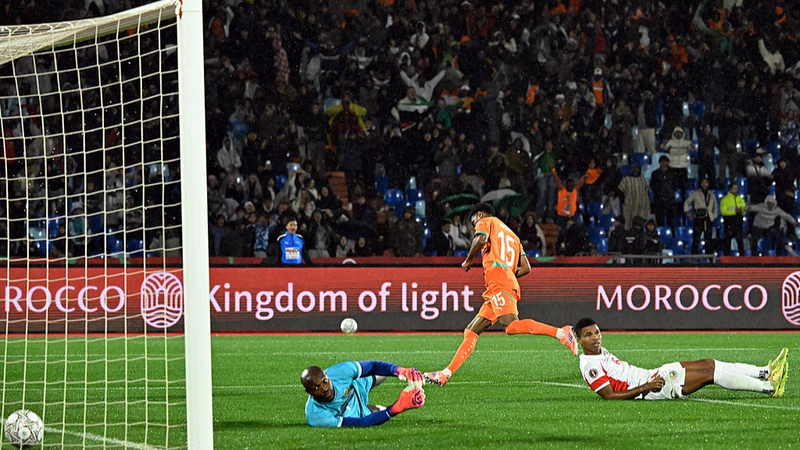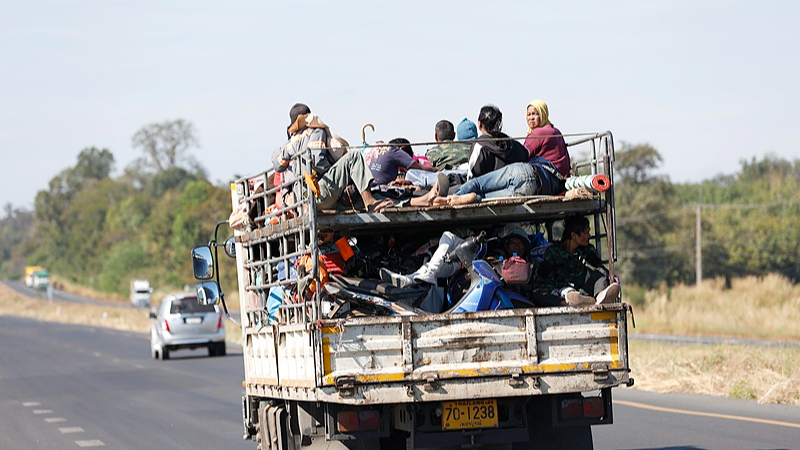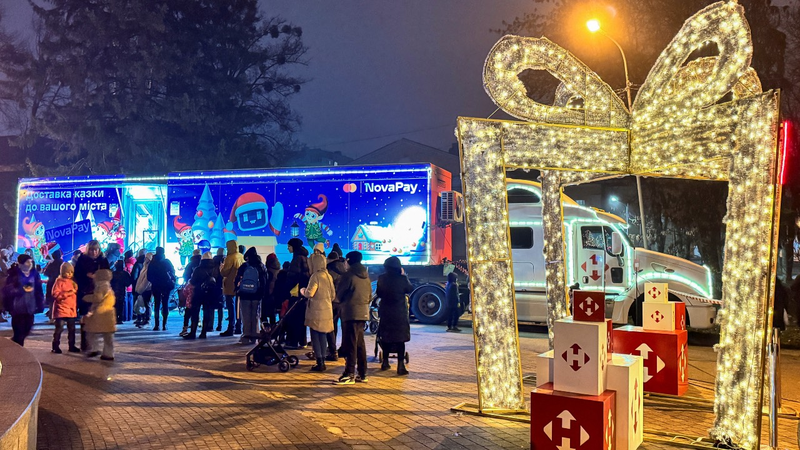Mexico’s newly elected President Claudia Sheinbaum marked her first year in office with a sweeping report: government social programs have lifted 13.5 million people out of poverty, a milestone in a country long defined by stark inequality.
Data from Mexico’s independent statistics agency reveal that targeted initiatives—from enhanced cash transfers to rural development projects—are reshaping economic prospects for families across urban centers and remote regions alike. Young professionals in Mexico City and tech hubs have watched these shifts fuel consumer markets, while entrepreneurs in emerging sectors explore new opportunities created by rising incomes.
Yet, despite these advances, over 5 million people still live in extreme poverty. Many are indigenous residents in Chiapas, Guerrero and Oaxaca, where access to quality healthcare, education and digital connectivity remains limited. Activists and thought leaders argue that closing this gap will require sustained investment in infrastructure and community-led solutions.
For travelers and digital nomads exploring Mexico’s cultural landscapes, community-based tourism in Chiapas now benefits from improved infrastructure, while culinary tours in Oaxaca showcase local artisans empowered by microfinance initiatives.
For global citizens and changemakers, Mexico’s journey offers insights into how integrated policy, data-driven strategies and grassroots engagement can tackle deep-rooted social challenges. As the world watches, this North American nation’s experiment in inclusive growth may hold lessons for other G20 members grappling with inequality.
Reference(s):
Mexico's programs lifted 13.5M out of poverty, but 5M still struggle
cgtn.com



